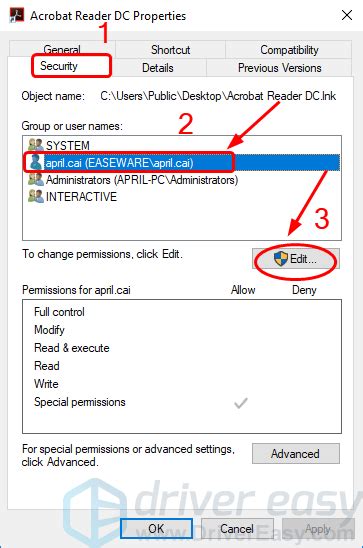Ethereum Debugging Issue: “Received NotActivated error when debugging my foundry test”
As a developer working with smart contracts on the Ethereum blockchain, it’s not uncommon to encounter issues during testing and debugging. In this article, we’ll explore the potential cause of the “Received NotActivated error when debugging my foundry test” issue you’re experiencing.
Understanding the Error
When an Ethereum test runs successfully, it must first call a contract function with a CALLDATALOAD opcode to load data from a storage slot. This is followed by a single CALLER opcode to invoke the contract function. After that, two PUSH0 and PUSH1 opcodes are executed to push data onto the stack.
The Issue: NotActivated error
The “Received NotActivated error” typically occurs when the test doesn’t correctly activate a smart contract after executing the above sequence of opcodes. This can happen in several scenarios:
- Incorrect activation order: If the test calls
CALLDATALOADand thenCALLER, but not vice versa, it may result in an incorrect activation sequence.
- Missing or insufficient data storage

: The contract function might require more data than was loaded by
CALLDATALOAD. This could be due to missing dependencies or insufficient storage space.
- Incorrect push order: If the test pushes data onto the stack incorrectly, it may not be activated.
Solutions and Workarounds
To resolve this issue, you can try the following solutions:
Solution 1: Reorder CALLDATALOAD to PUSH0
Replace the sequence of opcodes with this corrected version:
CALLDATALOAD
CALLER
PUSH0
PUSH1
This should re-activate your smart contract.
Solution 2: Add PUSH0 before CALLDATALOAD
Try adding PUSH0 before CALLDATALOAD to ensure the correct activation sequence:
CALLDATALOAD
PUSH0
CALLER
Solution 3: Verify Data Storage
Make sure your contract function requires data from storage. If the contract expects additional data, you may need to add a LOADDATA opcode before calling it.
CALLER
LOADDATA(myContractAddress)
Solution 4: Check for Missing Dependencies or Insufficient Data
Verify that all dependencies are installed and sufficient in your test environment.
Solution 5: Use a Different Foundry Test Environment
If none of the above solutions work, you can try using a different foundry test environment or switching to a different testing framework.